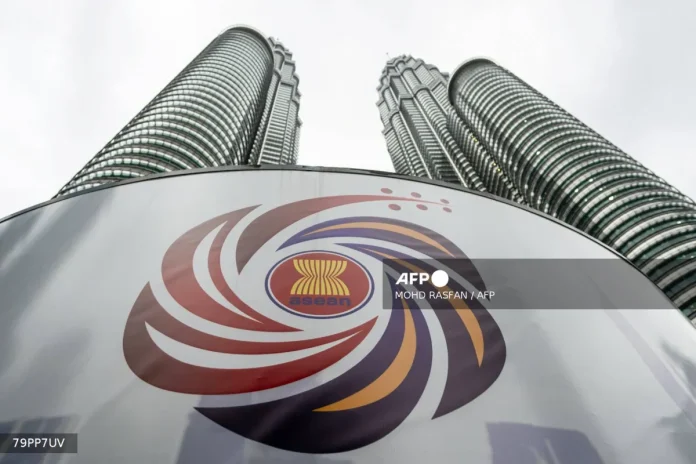Brazil leverages its rare earth mineral reserves in tariff talks with the US, with potential Trump-Lula meeting at ASEAN summit.
BRASÍLIA: Brazil holds a significant advantage in tariff negotiations with the United States due to its substantial rare earth mineral reserves.
The South American nation possesses the world’s second-largest deposits of these critical elements used in electric vehicles, solar panels, smartphones, jet engines, and guided missiles.
China currently maintains a near-monopoly on rare earths production amid its own tariff standoff with President Donald Trump’s administration.
Brazil’s Minister of Mines and Energy Alexandre Silveira identified a convergence of interests between Brazilian mineral potential and American capital.
The issue may arise during a potential weekend meeting between Trump and Brazilian President Luiz Inacio Lula da Silva at the ASEAN summit in Kuala Lumpur.
Lula confirmed his willingness to discuss everything from Gaza and Ukraine to critical minerals and rare earths with Trump.
Brazil faces punitive 50% tariffs on certain exports to the United States related to the trial of former president Jair Bolsonaro.
Rare earth minerals provide significant geopolitical leverage according to Federal University of Pernambuco expert Gilberto Fernandes de Sa.
China controls approximately half of global rare earth reserves at 44 million metric tons while Brazil holds about 21 million tons.
China also leads in rare earth extraction and refining technologies worldwide.
Beijing recently announced restrictions on rare earth technology exports while Washington secured access to Australian reserves.
The United States has planned rare earth negotiations with China during the Kuala Lumpur meetings.
Minister Silveira described the China-US distrust as creating a great window of opportunity for Brazil.
American companies represent the largest investors in Brazilian rare earth extraction operations.
Fernandes de Sa noted these investments focus primarily on extraction rather than advanced processing or manufacturing.
Brazil could benefit more from partnerships with China due to their extensive experience in the rare earth sector.
China already serves as Brazil’s largest trading partner with substantial automotive sector investments.
Any strengthened Beijing-Brasilia cooperation within BRICS would likely concern the Trump administration.
Fernandes de Sa concluded that Brazil faces a complicated strategic situation balancing these competing interests. – AFP








